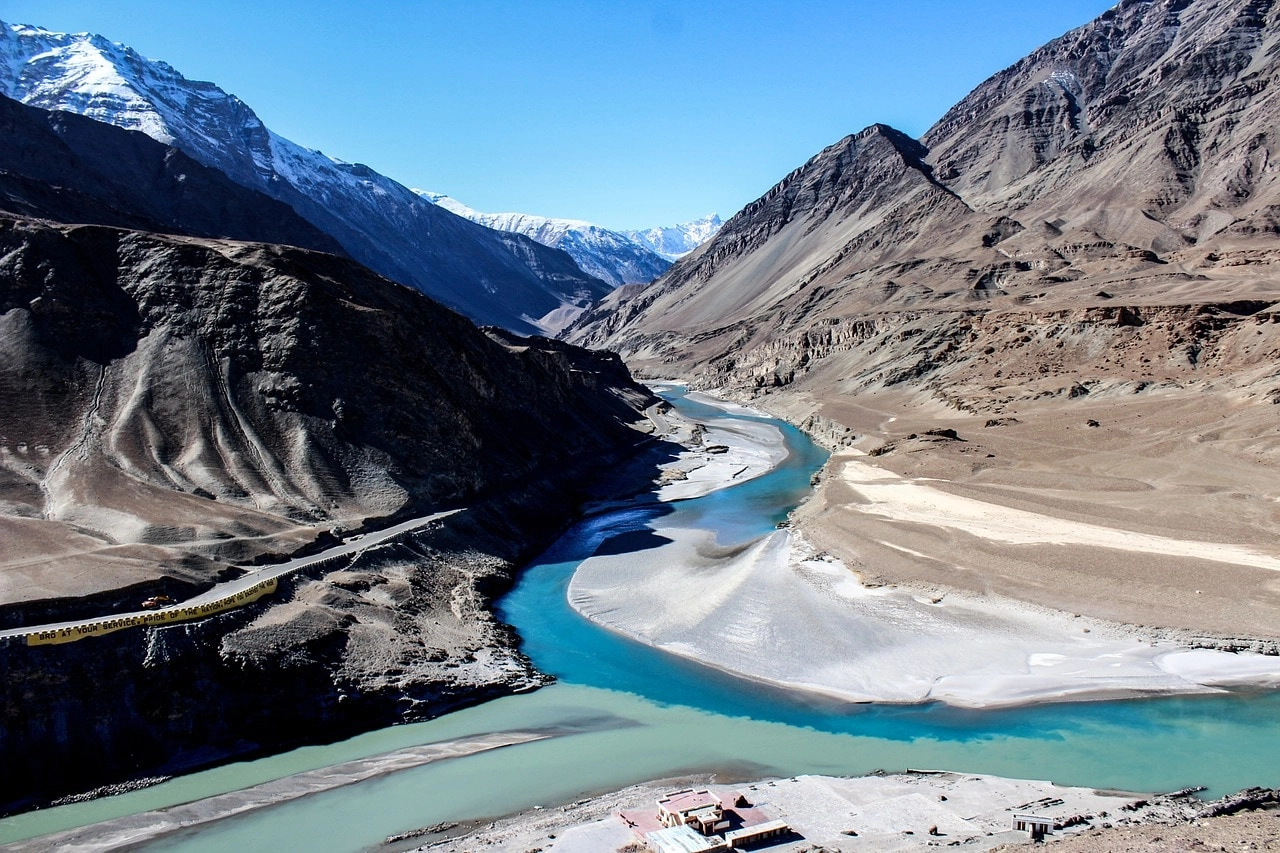India’s stance on the Indus Waters Treaty remains unchanged, despite discussions surrounding a conditional ceasefire in the region. The Indus Waters Treaty, signed in 1960 between India and Pakistan, governs the allocation and management of the waters of the Indus River system, which is crucial for both nations. Sources indicate that India continues to uphold its commitments under the treaty, emphasizing its importance as a framework for transboundary water management. This steadfast position reflects India’s broader approach to international treaties and agreements, showcasing a commitment to diplomatic resolutions even amidst ongoing tensions.
The notion of a “conditional” ceasefire suggests that while there may be a temporary halt to hostilities, the underlying issues that have historically strained relations between India and Pakistan remain unresolved. Such a ceasefire could provide a brief respite but does not address the fundamental geopolitical tensions that shape interactions between the two countries. Analysts note that any agreement on a ceasefire must be approached with caution, as it could be seen as a tactical maneuver rather than a genuine step toward lasting peace.
India’s unwavering position on the Indus Waters Treaty is significant, particularly in the context of water scarcity issues that both nations face. The treaty has been a vital mechanism for ensuring a fair distribution of water, which is essential for agriculture and economic stability in both countries. By maintaining its current stance, India is signaling its intention to prioritize cooperative management of shared water resources, even as it navigates complex regional dynamics. This approach underscores the importance of dialogue and negotiation in resolving disputes, particularly in a region where water resources are becoming increasingly contentious.
In conclusion, while discussions of a conditional ceasefire may suggest potential avenues for de-escalation, India’s firm commitment to the Indus Waters Treaty highlights its broader strategy of maintaining stability and cooperation in water resource management. As both nations grapple with the challenges posed by climate change and population growth, the importance of constructive dialogue and adherence to established agreements cannot be overstated. The ongoing situation calls for careful consideration of both immediate and long-term implications, as the relationship between India and Pakistan continues to evolve.




